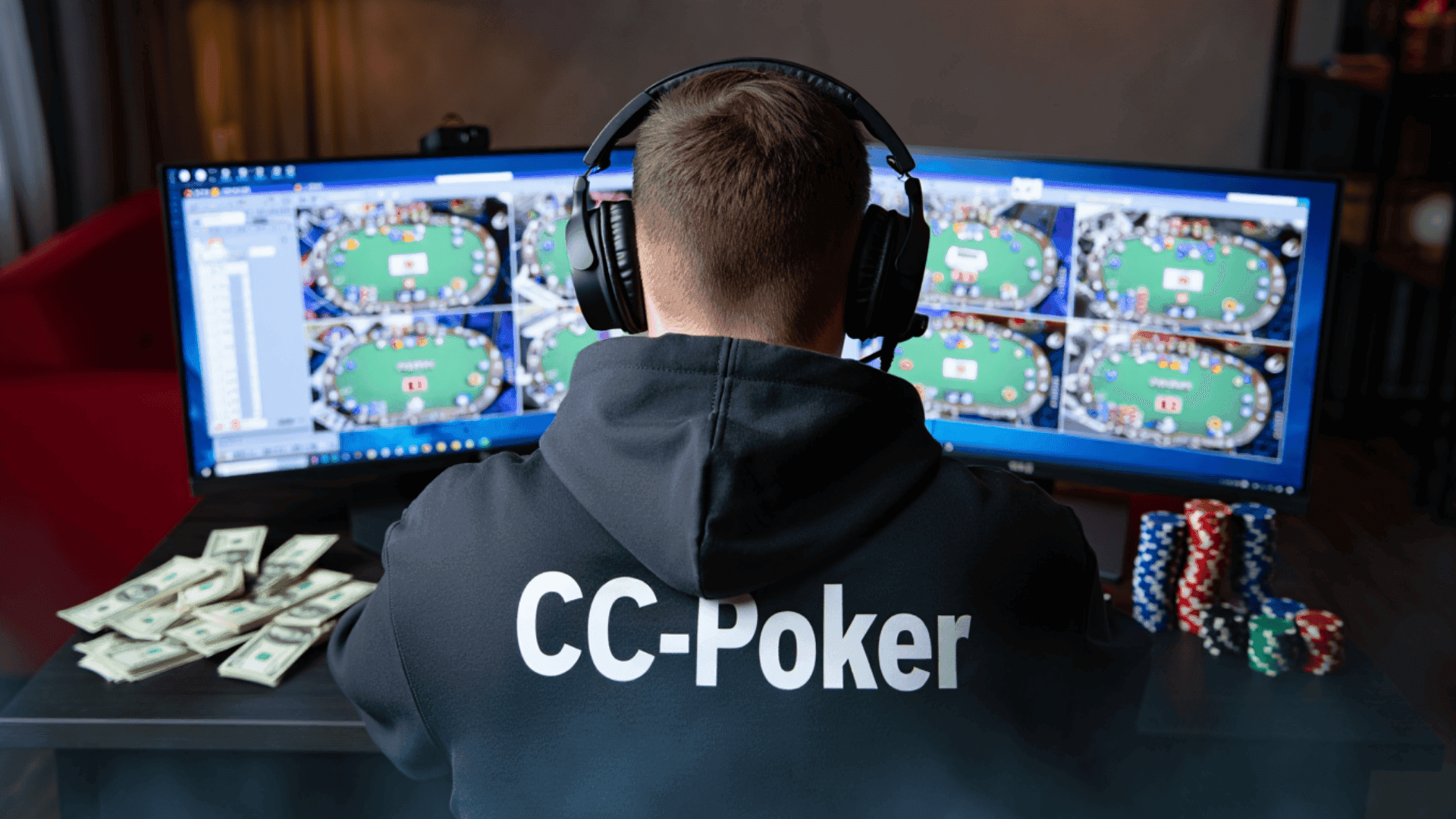Anonymous tables in poker apps

Why were anonymous tables introduced?
Anonymous tables in poker apps are gaming tables where players do not see their opponents’ nicknames. Instead, neutral labels like “Player 1,” “Player 2,” etc., are used. This feature became widespread in online poker, especially after 2020, as a measure to protect recreational players from aggressive play by professionals and abuse of statistical software.
With the development of online poker, there was a need to rethink the rules of interaction between participants. Many beginners started leaving due to the constant pressure from professional players. Experienced players increasingly used technical tools to analyze opponents. In response, poker platforms introduced anonymous tables with the following goals:
✔️ Combating professional players and bots. Anonymity prevents experienced players from using HUD programs (Heads-Up Display) that collect statistics on opponents. This makes it impossible to “hunt” weaker players and prevents so-called table selection (choosing tables to find beginners);
✔️ Creating a fair gaming environment. Everyone starts with a clean slate—no one knows who they are playing against. This minimizes bias and gives everyone more equal chances;
✔️ Attracting and retaining recreational players. Amateurs often leave due to pressure and discomfort from aggressive play by regulars. Anonymous tables create a safer atmosphere.
This approach protects the interests of a wide audience and lowers the entry barrier for new players. It even forces professionals to step out of their “comfort zone” and rely on live analysis rather than HUD stats.

Why do anonymous tables attract recreational players?
In poker, balance between professionals and amateurs is important. Some play for profit, while others come for emotions, excitement, and interest. However, beginners are often more vulnerable in traditional formats: their style of play is quickly read, they become targets of aggression, and the learning process turns into stress. Anonymous tables partially solve these problems, which is why the format has gained support among the mass audience:
- Safety and comfort. Beginners do not feel like “targets” for experienced grinders;
- Game focus. Players are not distracted by searching for information about opponents and can concentrate on the game itself;
- Sense of equal conditions. The absence of a nickname and history allows everyone to start as if “from scratch,” regardless of experience.
For most recreational players, the anonymous format makes the game simpler, safer, and more emotionally comfortable. Pressure from experienced opponents is removed, the effect of surveillance is minimized, and the feeling of fair competition is preserved.

Advantages and Disadvantages
Anonymous tables are a compromise between security and depth of analysis. They are useful for protecting beginners and maintaining a more “live” atmosphere in poker rooms. However, for advanced users, this complicates strategic preparation and lowers expectations from the game.
The choice of format depends on the priorities of players and clubs: providing a comfortable game for hobby players without excessive pressure from regulars, or maximizing profits for professional players.
|
Advantages |
Disadvantages |
|---|---|
|
Increased privacy No notes or opponent history Less pressure and hunting from professionals Focus on the current game Repels regulars and is more suitable for amateurs |
No option to sit with a familiar player for socializing |
Last news

The psychology of poker: how to control your emotions at the online table?

GGPoker vs PokerStars: where is it better for CIS players to play poker in 2025?

How to choose a reliable poker club in 2025?

Artificial intelligence in poker: threat or helper?
Similar articles
The psychology of poker: how to control your emotions at the online table?
How to stop losing your bankroll due to emotions? ➥ Mindfulness techniques, hand analysis ▶️ Facts from psychologists and tips for stable play!
GGPoker vs PokerStars: where is it better for CIS players to play poker in 2025?
Comparison of GGPoker and PokerStars for the CIS in 2025 ➥ limits, tournaments, bonuses, software 📲 Withdrawals, traffic, Spin & Gold vs SCOOP.
How to choose a reliable poker club in 2025?
How to choose a safe poker room in 2025? ✔️ For ClubGG, PokerBros: liquidity, 5% rake, up to 60% rakeback ➥ Tips for verification!












